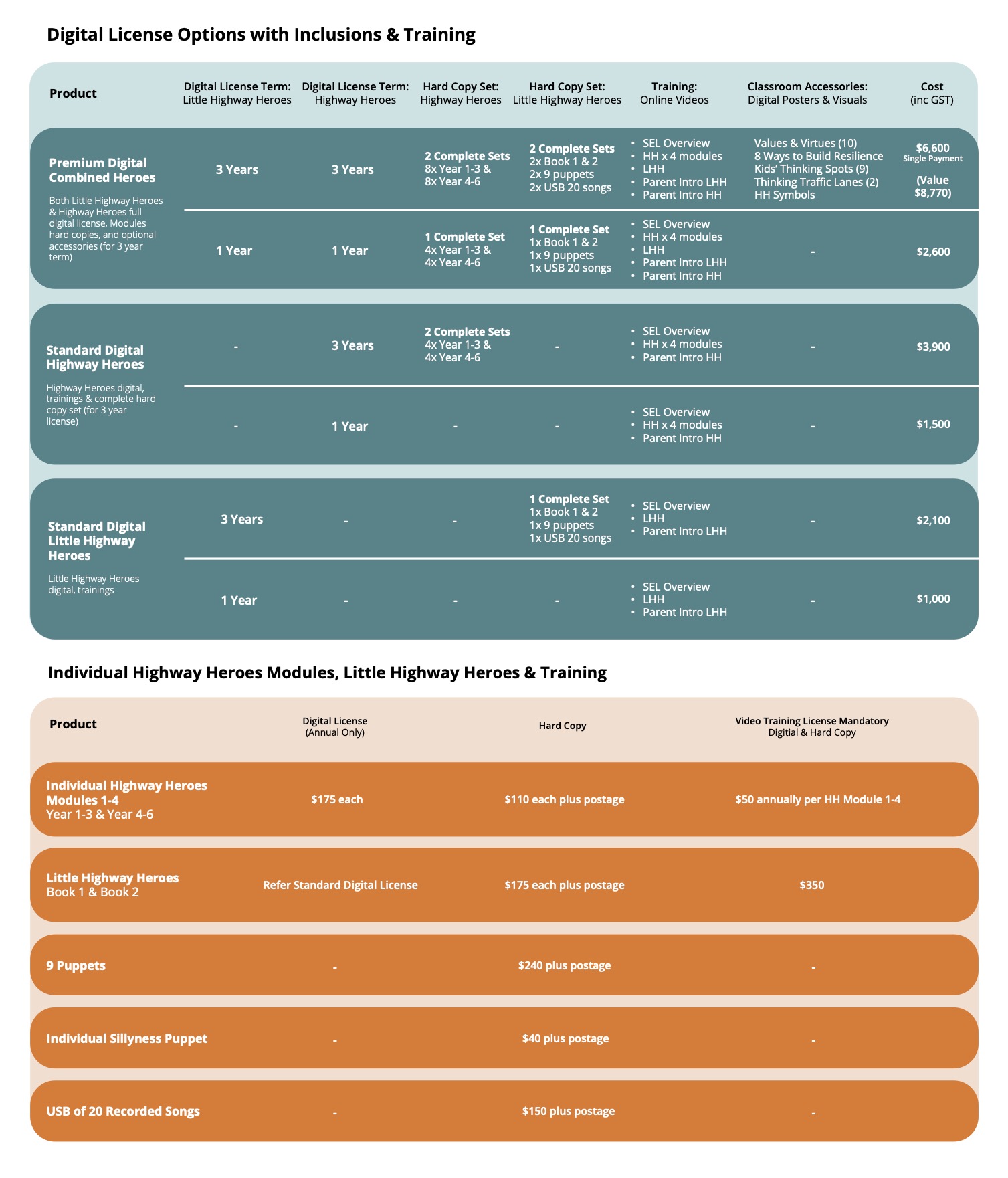There’s a bit to cope with in childhood. Getting used to the way the big people in your life show their love and care. Learning a whole language. Learning about building relationships with other little, middle-sized and big people. Experiencing new tastes, sensations, smells and sounds – all at differing levels of intensity and sometimes competing for the same available processing bandwidth.
It’s little wonder then, that at points along the journey of childhood, that just one too many demands gets into your child’s emotional boat and sinks it. What would make the job of identifying when this is happening so much easier would be if we could see a pressure gauge on the outside of our child so we knew the exact moment they were going to blow – and we could also see and accommodate the steady accumulation of stressors throughout their day.
Sadly, with that version of human being not yet available, we have to use our parental detective skills to ascertain where our young person is at and how they’re travelling along in their little emotional boat. Sometimes, we know what’s going to rock that boat because of past experiences. Perhaps a certain sort of fabric, having food all presented together and mixed up on a plate instead of all separated, having to go to a particular activity or being with a particular person. Each little person is different and what rocks and ultimately sinks their boat will be completely different to what rocks and sinks another child’s. Oh, the joys of parenting! Sometimes we engage our child in something that we suspect might be emotionally trying and wearying for them and then we’re pleasantly surprised when they get through it still afloat or have our worst fears confirmed as we try and salvage the wreckage of the child, wishing that we’d never undertaken the activity at all.
So, what can we do to help our little ones not only stay emotionally afloat but to add skills that will act as emotional buoyancy devices the next time that they’re sinking?
Practise parental calm
Easier said than done – especially in those moments where the meltdown is in full swing and it feels like you and your sanity are rapidly parting company. Right there, in that very moment, practise your empathy. It’s a pretty terrible place to be – completely overwhelmed, no idea of what you started out being upset about but somehow escalating into something loud, messy and completely lacking any dignity. Take a long, slow breath in. Exhale completely and then do that again. Remind yourself that the average human brain takes 25 years to get to emotional maturity. Say what you see. “This is tough for you little one.” Or, “You’re very upset about not getting that ice-cream.” You can read more about the Power of the Parent Pause HERE.
Reduce shame, blame and pain
Having a meltdown in front of company is deeply shameful for a child – even a very little one. Where possible, remove your child to somewhere that they can finish their emotional outburst and find their calm. It’s easier to do this at home than when you’re out but there are generally options available for giving your child some eye-free space to get through the worst of the meltdown. Saying things like, “You’re embarrassing yourself in front of all of your friends,” is a sure-fire way to add fuel to the fire. “You brought this on yourself,” is another favourite saying of the emotionally worn out parent – again, not helpful. Not even a little bit.
Try saying things like, “Would you like some space?” or “Do you need a cuddle?” That tells your child that you’re right there and that will help them to find their sea-legs as their emotional storm buffets their little boat.
Notice the storm clouds coming
If your child is a slow accumulator or the little one who will only let it all out when they’re home and emotionally safe, think about the ways that you can help them to manage those big feelings as they crop up, rather than having them all spew out when they’re tired or the littlest thing happens to set them off. Do they need some down time in a long school day so that they can emotionally unwind? Your child’s teacher might be responsive to a suggestion for some quiet time right after recess and lunch. Can you let your child know when you see them starting to wind up tight, ready to spin away at the smallest provocation? 5 minutes of quiet time saves many a tantrum. Having something to eat and drink while sitting quietly, simple distractions of finding shapes in the clouds or looking for all the ‘red’ things can diffuse emotional build-up.
Teach a calming down technique
A life skill is being able to settle and soothe your own emotions. This is often very difficult for little people to do by themselves – because their brains haven’t learned that regulation skill yet. But laying the ground-work and repeating a skill can change a child’s emotional responses enormously and it’s never too early to start. In this day and age of technology, there are a bazillion apps that teach mind-calming using beautiful and engaging images, and clever breathing strategies.
Most important is to model this yourself. Count out loud while you calm yourself down – and tell your child that’s what you’re doing. Demonstrate a breathing technique when you’re stuck in horrendous traffic. Say out loud how you’re managing to calm down your thinking by saying helpful things like, “It’s not that bad. I’ll be ok.”
Floating your child’s emotional boat takes time – and effort
There’s always good news and bad news in parenting isn’t there? Here’s the bad news to get it out the way. Your child is going to take a long, LONG time to learn to manage their big feelings. The good news – all the training and modelling you do when they’re little makes an enormous difference. It’s actually laying down brain-based pathways that, when practised, repeated and rehearsed become permanent and automatic. You will get there. You will make it through those days when everything from the choice of socks to the dinner menu brings tears, tantrums and objections. Your little one is learning and laying down so many skills as you calmly negotiate those boat-sinking moments together.


